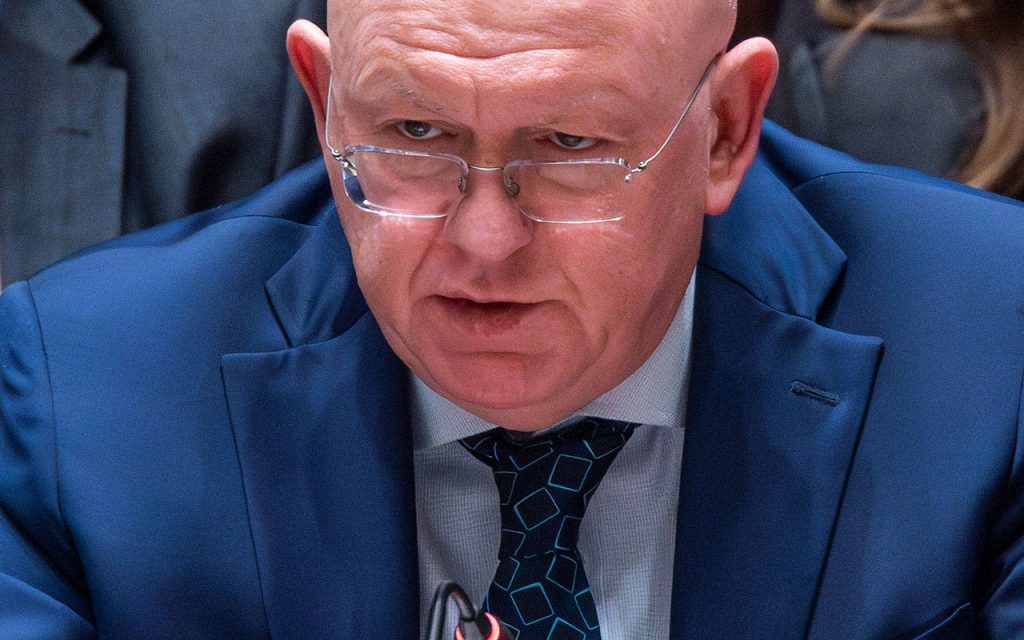Russia has defended its recent veto of a United Nations resolution urging the prevention of a nuclear arms race in outer space. The country challenged the United States and Japan to support its own resolution calling for a ban on all weapons in space indefinitely. The U.N. ambassador of Russia accused the U.S. and other Western nations of hypocrisy and double standards, claiming they are planning for military exploration of outer space, including deploying weapons. In response, the U.S. deputy ambassador countered by accusing Russia of having anti-satellite weapons in orbit and threatening to target satellites with weapons, including the development of a satellite carrying a nuclear device.
On the same day, Russia announced drills simulating the use of battlefield tactical nuclear weapons and threatened to strike British military facilities in response to comments by senior Western officials regarding possible deeper involvement in the war in Ukraine. This escalation follows Russian President Vladimir Putin’s announcement in February 2023 of suspending participation in the New START treaty, the last remaining nuclear arms control pact with the United States. The United Nations has expressed concern over recent nuclear weapons discussions and called for actions to avoid miscalculation and escalation with catastrophic consequences.
A General Assembly resolution adopted in April 2022 requires any permanent member of the Security Council, including the U.S., Russia, China, Britain, and France, to explain their reasons for vetoing a resolution. Before the vetoed U.S.-Japan resolution, Russia and China proposed an amendment calling for all countries to prevent all weapons, not just weapons of mass destruction, in outer space. Following the veto, Russia circulated its own resolution calling for a ban on all weapons in outer space and the threat or use of force, with claims that the U.S. and its allies oppose it due to planned weapon deployment in space.
The U.S.-Japan resolution that was vetoed would have affirmed the obligations of countries under the 1967 Outer Space Treaty, which prohibits the placement of weapons of mass destruction in Earth’s orbit or on celestial bodies. This treaty, ratified by 114 countries including the U.S. and Russia, seeks to prevent an arms race in outer space. Russia’s actions have sparked controversy over its intentions and compliance with international obligations, with accusations of seeking to divide states rather than unite them in support of the treaty.
Amidst escalating tensions and increasing nuclear risks, the U.N. has warned against actions that could lead to miscalculation and catastrophic consequences. The clash between Russia and the U.S. and its allies over the weaponization of outer space underscores the broader geopolitical challenges and competition between major powers. The prospect of nuclear weapons being utilized in space raises concerns about potential devastating repercussions on critical infrastructure and people’s lives worldwide, underlining the importance of avoiding conflicts and upholding international treaties to maintain peace and security.













